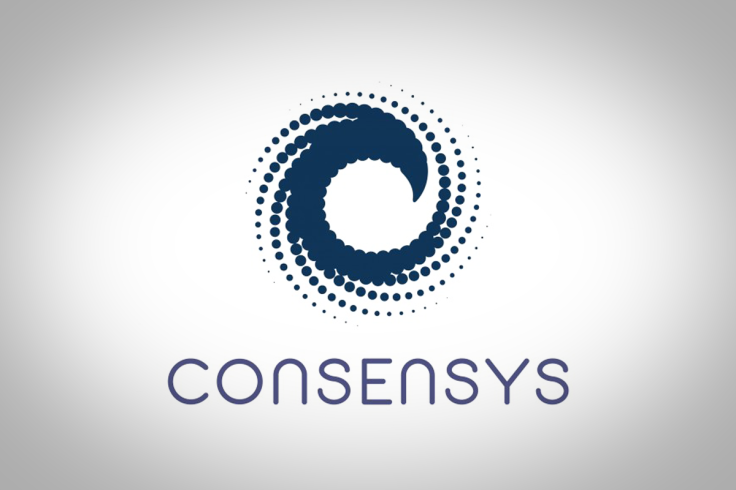ConsenSys uPort scoops first prize in International Blockchain Summit Demo Day
The uPort digital identity system beat off tough competition from Digix Global, Cosmos and Decentralized Capital.

The ConsenSys uPort team has won first prize in the International Blockchain Summit Demo Day in Shanghai.
In addition, uPort has also released the first draft of the whitepaper - UPORT: A Platform for Self-Sovereign Identity - and open-sourced its core system and developer libraries.
uPort is a digital identity system anchored in blockchain technology, using Ubuntu and Ethereum, and part of the ConsenSys Ethereun design hub headquartered in Brooklyn New York, which has developers spread across the globe.
The uPort team fought off tough competition from the likes of the Cosmos "internet of blockchains" from Tendermint; Decentralised Capital, which ties tokens in Ethereum to fiat currency; Digix Global out of Singapore which tokenises gold using Ethereum and IPFA; not to mention a host of interesting Chinese blockchain offerings.
Digital identity is the cornerstone of next generation web services and essential to make decentralised systems work and return control of personal data to users.
Christian Lundkvist, lead architect of uPort said: "We are thrilled about the tremendous interest and excitement about uPort and we look forward to helping DApp developers in the community with their identity management needs, as well as pushing forward with building out features and exploring further use cases for uPort."
Users of uPort are fully in control of their personal information (expressed as reputational attributes). This encrypted information may be selectively and granularly shared with targeted counterparties when the user deems it is to his or her advantage, said a statement.
uPort will feature tight integration of RepSys, our multifaceted, multi-tiered reputation system, enables people, organisations and objects to attest to the conduct of their counterparties with respect to various kinds of transactions: buying/selling, lending/borrowing/repaying, collaborating on projects, gaming interactions, and data quality and reliability.
uPort serves as a container for reputational attributes like email addresses, Facebook URLs or state issued ID. Identity providers like governments, banks and IT companies can cryptographically sign such attributes attesting to their validity using "reputational attestations."
The more than 2 billion people in the world who don't have state issued ID, can have their community members attest to their personal information. Community members can essentially vouch for each other to enable them to develop and use this bootstrapped persistent and portable reputation to, for example, obtain a micro-loan on a decentralised lending platform and grow a small livelihood from there.
For access to financial services offered by financial institutions in different jurisdictions, institutions and users can make use of a KYC tool built on top of uPort and RepSys.
© Copyright IBTimes 2024. All rights reserved.






